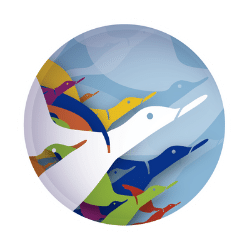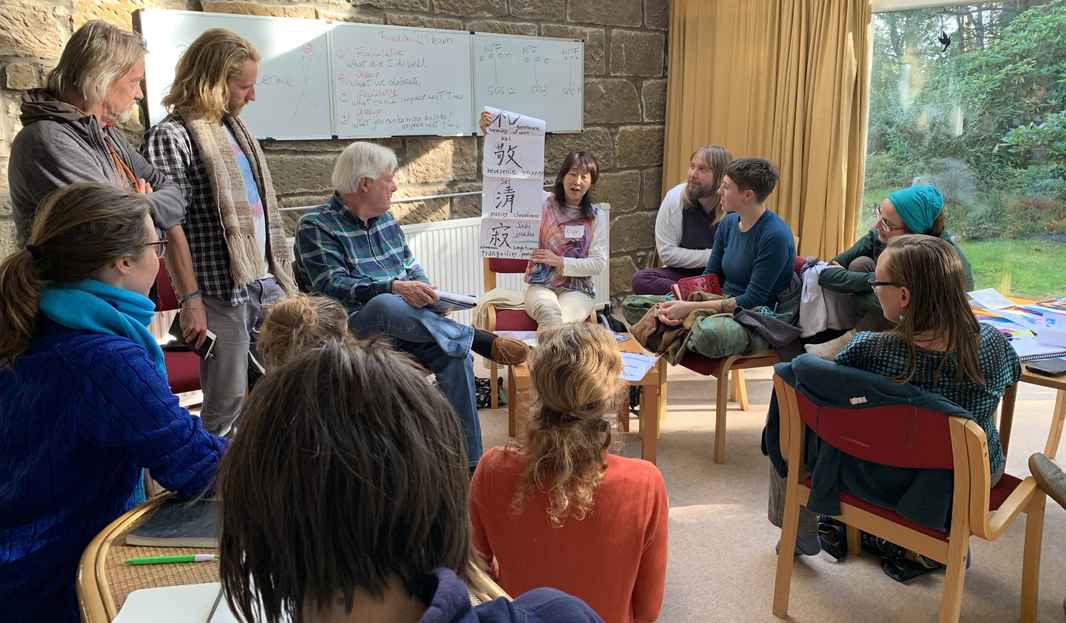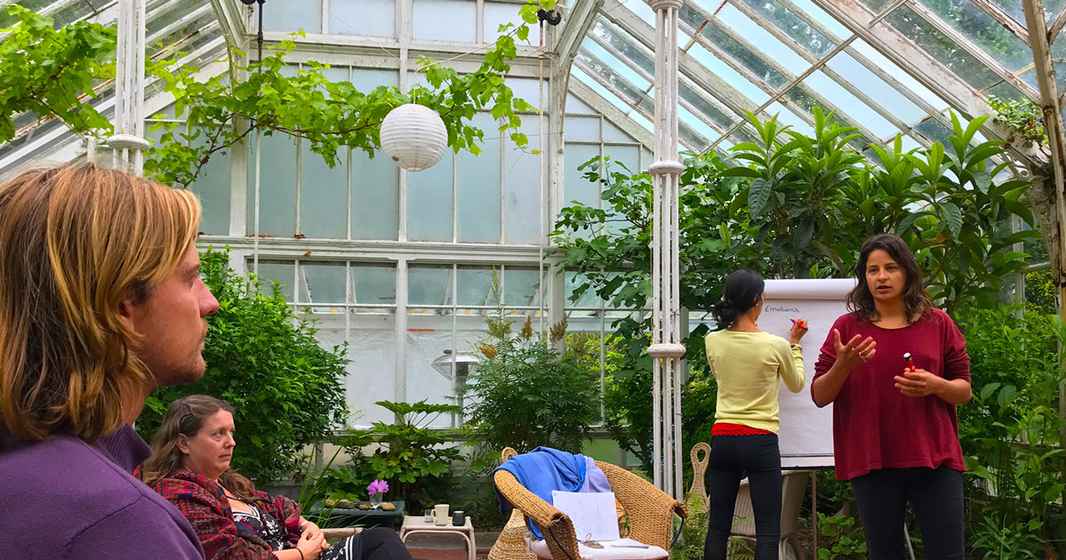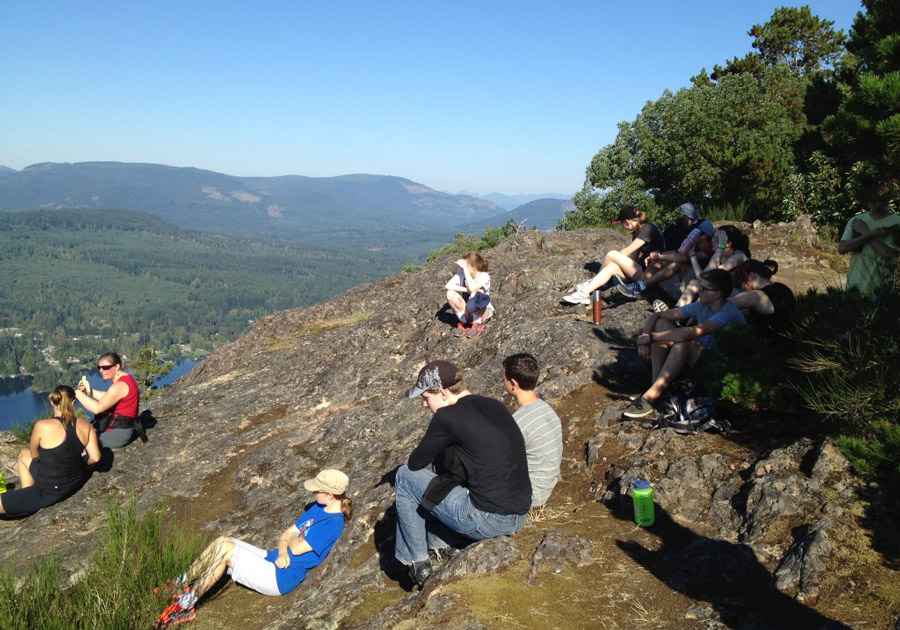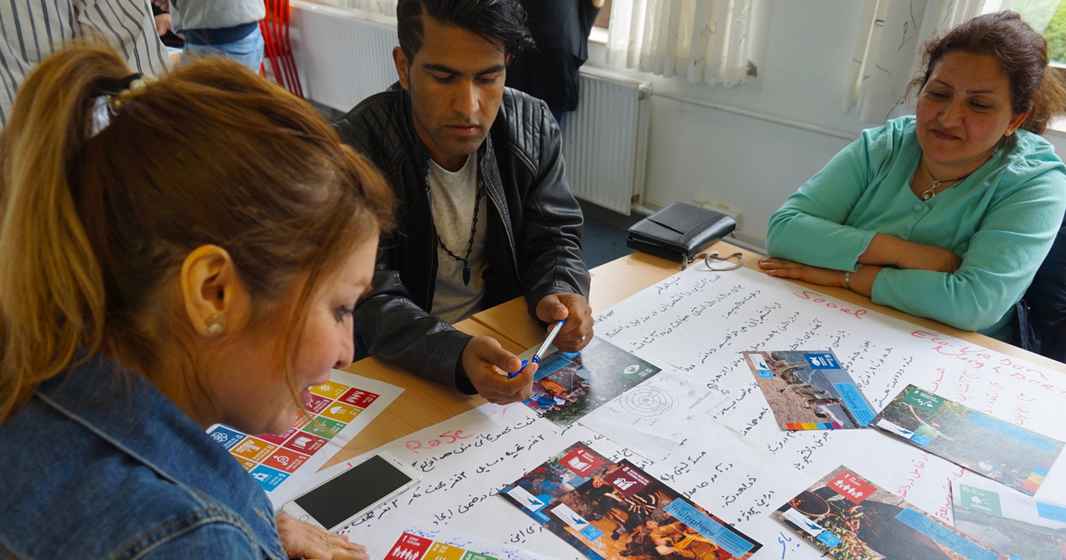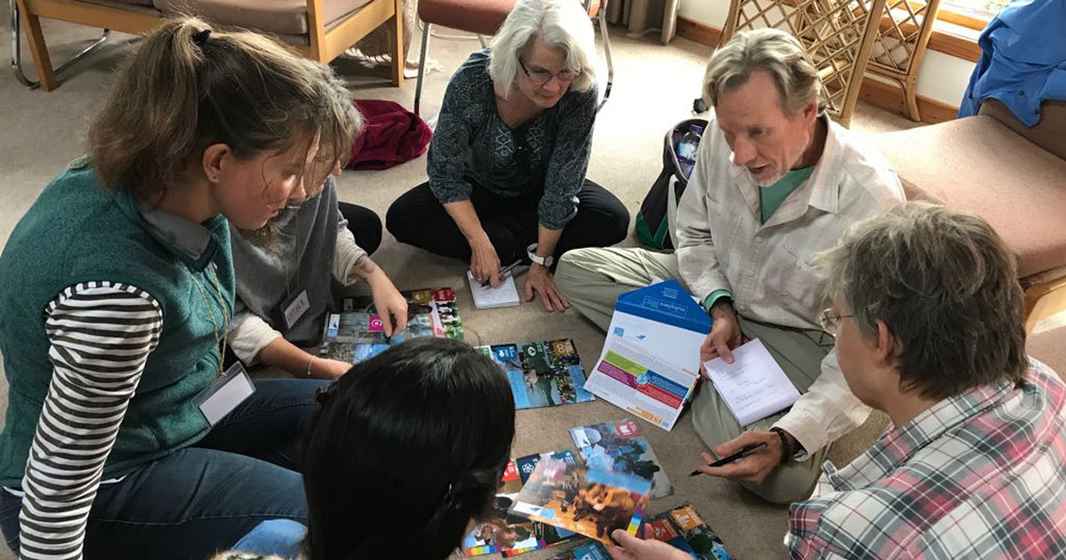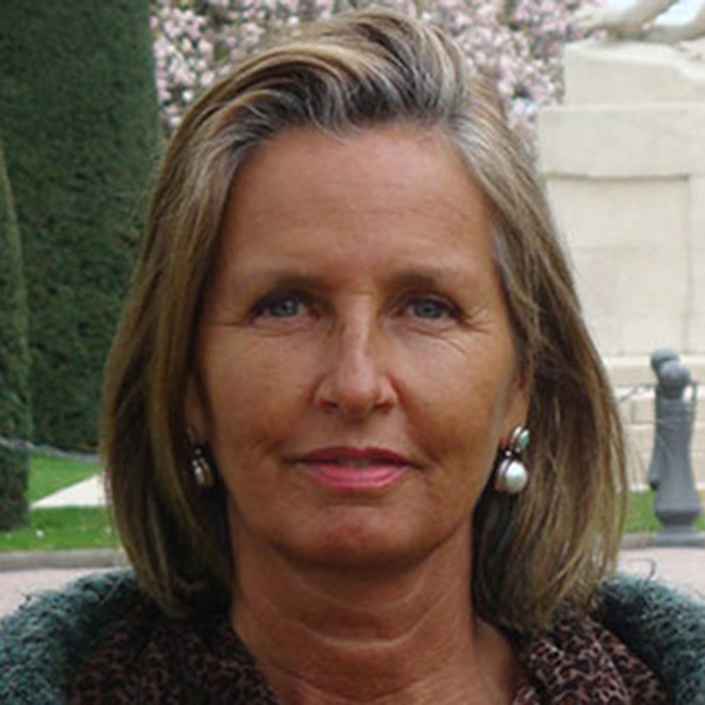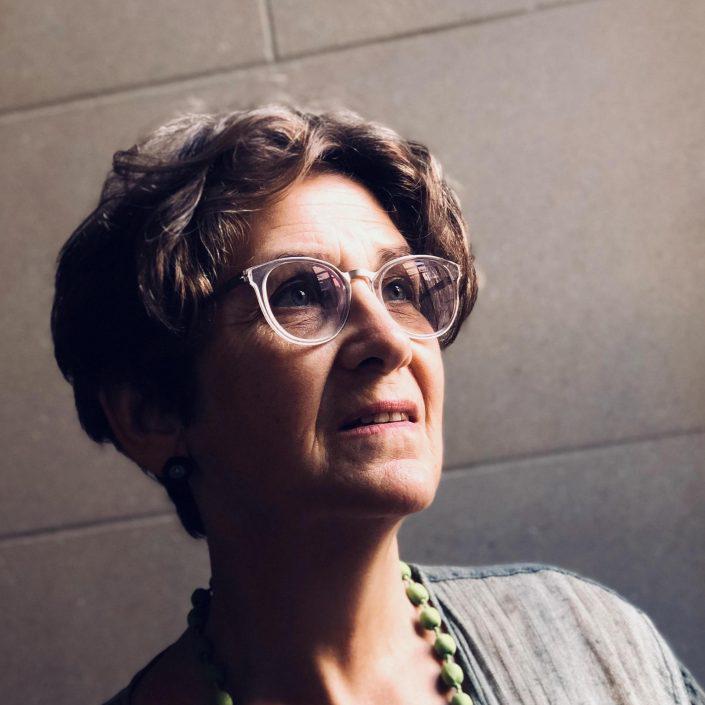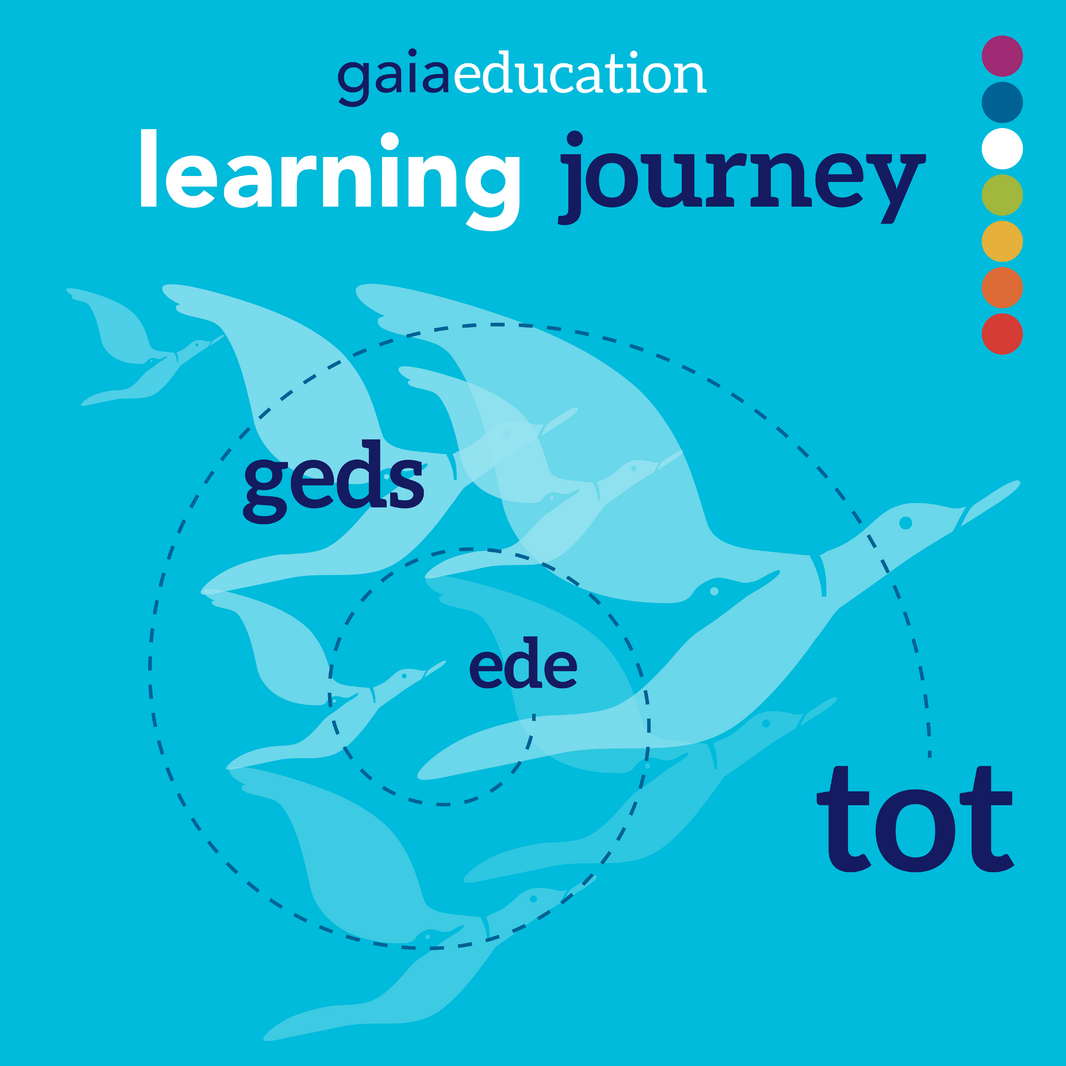Training of Trainers in Findhorn
Programme Overview
Type: Face to Face (7 days)
Start Date: Postponed due Covid
Facilitation: With Facilitators
Contact: info@gaiaeducation.org
Certificate: Yes
Organised by: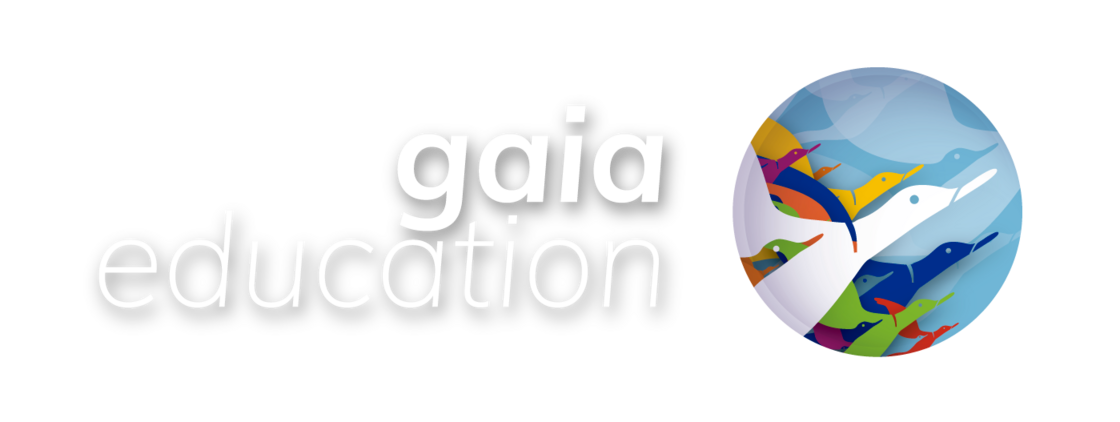
Gaia Education Training of Trainers (ToT) course is answering a worldwide demand for skilled facilitators able to facilitate transformative learning environments and host multi-stakeholder conversations that enable collaborative action.
The aim of the Training of Trainers is first and foremost, to help you deepen your experience in how to teach, facilitate and train people by enabling collaboration and participation among a community of learners. In addition, we support and hope to inspire you to identify what you are most deeply called to teach, and most importantly, why participatory methods are so critically important for the engagement of communities and the future of life on Earth.
Addressing the urgency of accelerating the implementation of the Sustainable Development Goals at local level, Gaia ToT also offers a 2 day module utilising the whole-systems inspired SDG Flashcards.
Learning Outcomes
During the Training of Trainers, the participants will:
The Training of Trainers is built upon three pillars:
SDGs – Negotiating Tensions between Global and Local
The world is marked by a strong and creative tension. It is a tension between what is global and what is local. The global face is powerful, and seeking to be more so. But a tide is rising, steadily reinforcing the local, resulting in an increasing ‘Glocalisation’ as the global and local converge. This module will teach edge workers and facilitators how to navigate between the two spheres in language, ethics and implementation. It will support participants to decode relevant UN conventions into meaningful frameworks for transformative action at the local level. Topics include SDGs vertical integration, UNESCO Global Action Programme Priorities Areas, and how to translate Global Climate Agreements into action through behaviour and life style changes.
Facilitating Participatory Learning Journeys
The aim of this module is for facilitators to gain the necessary skills and confidence to teach the four dimensions of sustainability in ways that support participants to empower themselves both inwardly and outwardly. These future facilitators will be expected to have knowledge in the areas they plan to teach and this module will prepare them to teach this material in a way that builds a learning community and draws deeply from the group with which they are working. Participants will ride a dynamic balance of meditation practice, experimenting with facilitation and clarifying principles to navigate a holistic educational experience. There will also be ample time for facilitation practice where all participants will gain confidence in using participatory learning tools by taking the lead in assigned sessions.
Deepening the Edge Work
The edge is the meeting point between the known and the unknown, between something being too well known, which makes it boring to us, and too unknown, which makes it confusing. The edge is a zone of high intensity, instability, creativity and innovation. Just as it is possible, through the design of ecological sustainable systems, to increase diversity and life by maximising the edges between neighboring biological communities, so it is possible to create a larger edge effect in community development thereby maximising its benefit to the society as a whole. This module will position Gaia Trainers as maximisers of edges between different communities with differing modes of operation, power structures, cultures, physical environments and worldviews. It will equip trainers with the skilful means to adapt to multiple scenarios and situations and ultimately thrive and help others thrive through creativity and playing for collaborative advantage.
SDG Training of Multipliers
The Sustainable Development Goals (SDG) Training is a two-day course which can be taken as a stand-alone training. This interactive course invites participants to discuss the implementation of the SDGs at the global and local levels. It is a question-centred training, designed to further SDGs education and engage local communities in a process that will turn the SDGs into meaningful projects that are locally relevant and collaboratively implemented by the communities themselves.
This training is designed to build the capacity of participants to become Multipliers – facilitators of vitally important conversations who can replicate and organise their own SDG Training of Multipliers. The goal is to create a ripple effect and multiply the implementation of the SDGs. In this training participants learn an easily replicable process to facilitate more of these conversations themselves in the future, with the SDG Flashcards and the SDG Multipliers Handbook as useful guidance tools to support the process.
The Training of Trainers includes a SDG Training of Multipliers. You can choose to register for the two-day SDG Training only. Please note that if you wish to become a Gaia Education Certified Trainer, you must attend the full Training of Trainers and not only the SDG Training.
What You Will Receive
Investment
The standard prices for the 2020 programme are as follows:
- Full-board residential course at The Park – £1050/£925/£875
All options include breakfast, lunch and dinner.
The accommodation is in shared rooms. You can apply in advance for a single room for an additional £20/night. This would be paid upon arrival in Findhorn as we cannot guarantee we would have the space.
The higher fee supports us to support others to attend, and the work of the College.
The middle fee covers the course costs and enables course development.
The low fee is minimum for us to provide the course.
- Non-residential – £731
This option includes lunch and dinner. - Achieving the SDGs – One Community at a Time module, week-end only – £149
This is non-residential week-end only, and includes lunch and dinner.
The Park is a 40-acre site that was once a caravan park; it serves as a campus for the educational programmes of the Findhorn College and Findhorn Foundation.
Facilitators
May East - Via Web
May East is a British/Brazilian urban ecologist, sustainability educator and social researcher. Her work spans the fields of cultural geography, world music, and women’s studies, A UNITAR Fellow she holds a Master of Science in Spatial Planning with specialization in the rehabilitation of abandoned villages. Her research interests include nature-based solutions for urban planning and the use of regenerative design approaches for shaping eco-communities, mining cities, slums, transition and ghost towns. Co-founder of Gaia Education, currently she serves as the UN House Scotland Director of Cities programme. May was designated one of the 100 Global SustainAbility Leaders by Showcase Asia and ABC Carbon three years in a row and Women of the Decade in Sustainability and Leadership by Women Economic Forum 2019.
Jane Rasbash
Jane works in sustainable development using an empowerment and engaged spirituality approach. She lives in Findhorn Ecovillage and has taught on EDEs in Findhorn, Sieben Linden, Myanmar and Thailand.
Jane supports all stages of the project cycle as a needs based consultant for community, sustainable education and rights based projects in Asia and Africa. Jane has taught the work that reconnects for many years and more recently transition town training. She co-founded the Grassroots Leadership Training, an ongoing programme with a big impact on emerging civil society in South East Asia, particularly Myanmar.
Jane is also a life coach who mentors leaders in the South, often working in incredibly challenging situations. She is passionate about Traditional Village such as Ecovillage and shifting existing communities towards resilience, and supports GEN to take this forward.
How to become a Certified Trainer
Taking the ToT is part of the Gaia Education learning journey and brings you one step closer to becoming a certified trainer. The minimum requirement to be certified is to complete the following:
- Attend a Gaia Education Certified Face-to-Face Ecovillage Design Education programme (EDE)
- Complete the minimum of one dimension of the Gaia EducationDesign for Sustainability (GEDS)online course, focusing on the area you want to teach
- Attend the Gaia Education Training of Trainers (ToT) course
- Pass an interview during the Gaia Education ToT. This will ascertain your suitability to be certified and included on the Gaia Education Certificated Trainers’ Rosteror determine any additional steps required to fulfil this.
Maintaining the Certificated Trainer Status
A Certified Trainer is involved in a continuous process of emergence, active engagement, innovation and development. To maintain certificated trainer status you must:
- keep up-to-date information on the Trainers Directory.
- regularly contribute articles, exchange ideas and share relevant information with the Global Ecovillage Educators for a Sustainable Earth (GEESE) and through other Gaia Education communication channels.
- have a consistently positive facilitator evaluation from students and organisers.
- have facilitated at least one Gaia Education certified face-to-face programme within two years of receiving your certification.
Previous ToTs

More Information
Please fill this short form and we will contact you to support making the decision if this programme is suitable for you.
